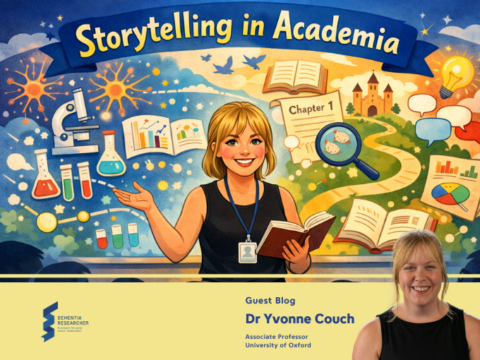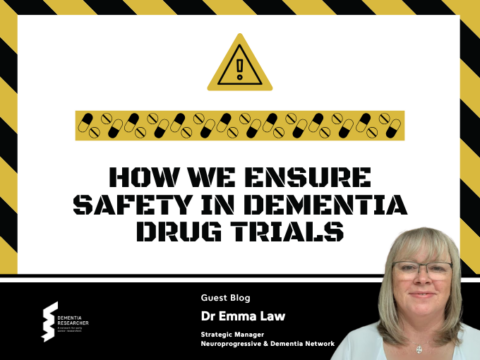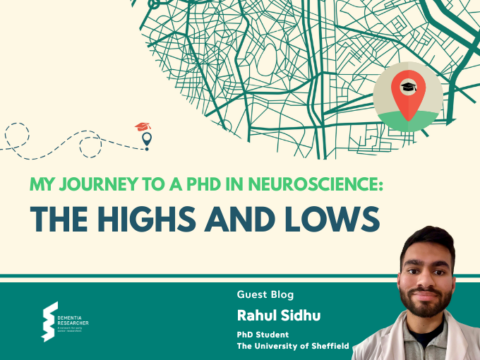
I am a qualitative researcher on the NIHR funded Dementia-Person Aligned Care Team (DPACT) project. We are looking at whether quality of life for people with dementia and their carers can be improved by having a dedicated support worker to provide individualised support and help with navigating the complex dementia ‘journey’. I have been working on how we can best explore, through interviewing, how participants with dementia experience the support worker intervention. There is a small body of literature providing guidance on the practicalities of interviewing people with dementia. Among aspects considered are timing and settings, using visual stimuli, using single-faceted questions, reducing reliance on recall, paying attention to non-verbal communication and interviewing alongside carers. This generic advice is great. Coming from a speech and language therapy (SLT) background I am alert to opportunities/missed opportunities to adapt communication and improve participation.
Participation in qualitative research typically relies on language comprehension, recall and verbal expression; abilities often affected by dementia, so this brings particular challenges. Hard to reach groups in dementia research include those who have most difficulty with communication. There will obviously be people with dementia who will not have the cognitive capacity to take part in interviews despite adaptations, and such people will often be excluded from studies, but we should not start with assumptions. If we exclude people who need the most communication support in research, how can we ever get any better at making sure their voices are heard?
What seems to be lacking are step by step accounts of what actually happens in interviews between people with dementia, carers and interviewers; detailed examinations of how methods such as photo-elicitation (using photos to spark conversations around a research topic) have been used. I’m interested in the language used by the interviewer, the responses, the subtle communicative adaptations made by the researcher as a result of possible misunderstandings, the interpretation of the person with dementia’s gestures and so on. In addition, we know little about strategies used by researchers interviewing dyads; whether the carer is present as a participant in their own right or whether they are present in a supporting role.
A standard and good piece of advice is to write a loose and highly adaptable interview guide (even more adaptable than perhaps other semi-structured interview guides) and pilot its use with people with dementia. This is not as straightforward as it sounds. If research questions relate to exploring everyday experiences it might be helpful to try out the interview on willing volunteers with dementia. The experiences we wish to elucidate relate to an intervention that is not yet fully understood (‘How has it been going? How do you feel about the support worker?). The level of abstraction required to imagine experiencing an intervention and being a research participant, then give feedback on how you were interviewed seems challenging even when you don’t have cognitive difficulties.
As a research team we plan to use role play to test out our methods and take a flexible, reflective approach throughout our feasibility study. Currently we are working on keeping the requirement for recall to a minimum, by gaining reactions to aspects of the intervention soon after they have occurred (at the same time trying not to increase participant burden) and using photos of the support worker and tools used in support sessions to stimulate discussion.
I have recently been talking with Anna Volkmer, an established expert in dementia-related communication disorders and a dementia researcher (see her blog). We compared notes about coming from an SLT background into dementia research and agreed that interviewing is an area ripe for deeper exploration. We both intuitively look across to the aphasia literature to inform us on adapting communication and ensuring that research tools are user-friendly and acceptable. We also considered the issue of bias: you might need to use written choices for the person to point to or images to sort into categories such as ‘like v not like’ or ‘important to me v not important to me’. Talking Mats™ for instance https://www.talkingmats.com/ is a picture-based communication tool that has been used in dementia research to enable those with very limited verbal abilities to express preferences and opinions. How might this bias findings and does it matter? This is a tricky issue, but using a person’s preferred method of communication enables them to take part in research alongside those who still have more retained communication abilities. Think how biased the findings would be if they were denied that experience.
There is still much work to be done to develop innovative methods of interviewing people experiencing varying levels of cognitive difficulty. Other researchers in the field are grappling with this issue. See for instance Jemima Dooley’s blog. I haven’t even touched on the realist approach we are taking and how this will influence our interviewing approach. Or the potential of conversation analysis (Jemima discusses this in her blog). Another blog another time.
Ed: Thank you Sarah for your blog, a really interesting topic, we hope to see more of you here. If any readers would like to blog for our website drop us a line. If you enjoyed this topic you may also be interested in a podcast we recorded on qualitative research – which can be found here, and on iTunes, SoundCloud and Spotify, using the links in the footer at the bottom of this page.
Author
Dr Sarah Griffiths is a Research Fellow at the University of Plymouth. A former senior lecturer on a BSc Speech and Language Therapy course at Plymouth Marjon University, and with a background in speech and language therapy . Sarah now researching Primary care based dementia support at the University of Plymouth.
You can follow Sarah on Twitter Follow @sgriffiths1966

 Print This Post
Print This Post





[…] we can easily biased people without even realising it. I was recently speaking with another SLT, Sarah Griffiths who has recently blogged on this topic for the dementia researcher website. Sarah is a former […]
[…] challenges of enabling people with dementia to meaningfully participate in qualitative research. (https://www.dementiaresearcher.nihr.ac.uk/guest-blog-interviewing-people-with-dementia/) Since then, further challenges and opportunities have emerged due to covid-19. The team have had […]